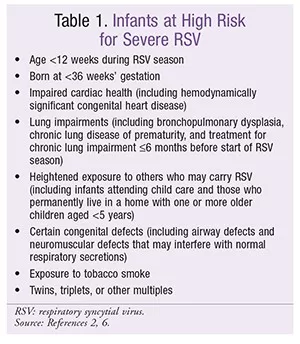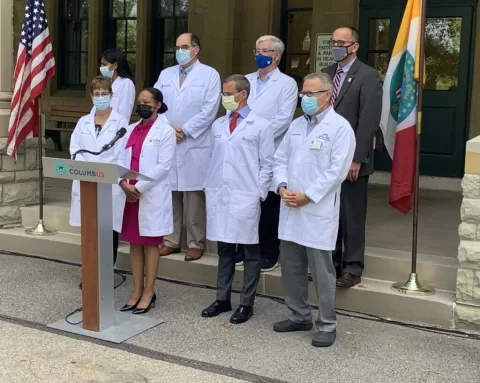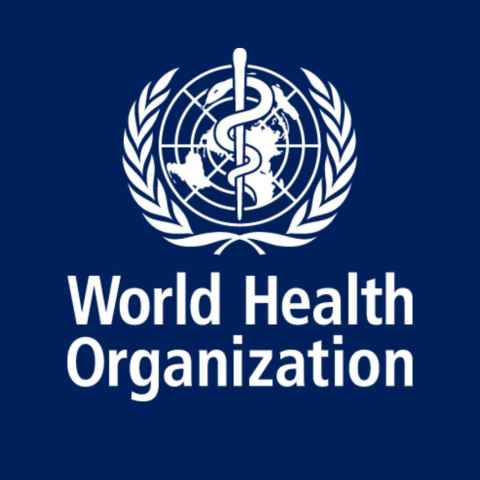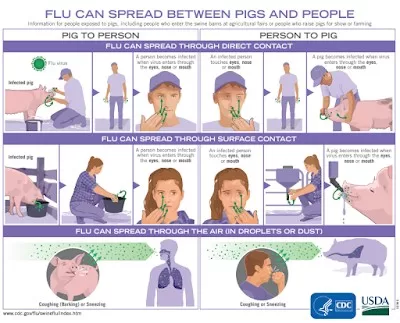Respiratory syncytial virus (RSV) presents significant cardiac risks, particularly for adults requiring hospitalization. Research has shown that individuals infected with RSV experience higher rates of cardiovascular events compared to those hospitalized for influenza or even COVID-19. During a study documenting these occurrences, it was revealed that nearly 11% of RSV patients faced acute cardiovascular events, significantly impacting their recovery and overall health outcomes. The importance of the RSV vaccine becomes paramount given these findings, as it could help mitigate these risks and reduce the rates of RSV hospitalization. Understanding the intersection of respiratory infections and cardiovascular health is crucial, especially as we navigate ongoing concerns about flu vs RSV and their implications for public and personal health.
The cardiovascular implications of respiratory infections extend beyond the immediate effects of viruses such as respiratory syncytial virus (RSV). Adult patients hospitalized with respiratory illnesses frequently confront elevated risks of heart-related complications, making it essential to recognize and address these risks. Studies highlight that individuals hospitalized for conditions like the flu or COVID-19 may also suffer from unexpected cardiovascular events, drawing attention to the urgent need for effective vaccination strategies. Given the data linking conditions like RSV to severe cardiovascular challenges, it is vital to prioritize preventative measures to safeguard at-risk populations. Enhancing the awareness of RSV vaccine importance could serve as a critical tool in reducing the incidence of complications and improving patient outcomes.
Understanding RSV Cardiac Risk Compared to Flu and COVID-19
Recent studies have illuminated a significant concern regarding the cardiovascular risks associated with respiratory syncytial virus (RSV) hospitalization, especially when compared to influenza and COVID-19. Research indicates that adults admitted for RSV are more likely to experience acute cardiovascular events than those hospitalized for flu or COVID-19. About 11% of RSV patients underwent cardiovascular events during hospital stays, highlighting the urgency for awareness among healthcare providers and patients alike. This emphasizes the need for further investigation into the underlying mechanisms by which RSV exacerbates cardiac issues, as these findings could shape future treatment and prevention strategies.
Moreover, the association between RSV and increased cardiac events poses difficult questions about how to prioritize vaccinations, particularly in older adults and those with preexisting conditions such as cardiac disease. For instance, individuals with a history of heart issues exhibited a significantly higher likelihood of experiencing complications during RSV hospitalization. These findings suggest a critical need for healthcare systems to develop targeted vaccination programs that can help mitigate the risks associated with RSV, alongside ongoing efforts to monitor and understand cardiovascular events linked to respiratory infections.
The Importance of RSV Vaccination in Reducing Cardiac Events
The rollout of RSV vaccines has been seen as a significant step forward, particularly in reducing severe complications, including cardiovascular events. As evidenced by the recent study, the presence of underlying cardiovascular conditions greatly increases the risk of adverse events during RSV infections. Therefore, prioritizing vaccination for at-risk populations, especially the elderly and those with existing health issues, can play a vital role in minimizing hospitalizations and related cardiovascular complications. The use of RSV vaccines not only stands as a protective measure against the virus itself but also serves as a protective strategy against subsequent cardiovascular risks.
Additionally, the importance of recognizing the potential repercussions of RSV on heart health cannot be overstated. With ongoing COVID-19 concerns and the prevalence of flu, understanding the specific risks tied to RSV is essential for public health messaging. Vaccination efforts must be coupled with education campaigns that inform at-risk populations about the serious nature of RSV and its impact on cardiovascular health. This combined approach can lead to a substantial decrease in RSV-related hospitalizations and, by extension, the associated cardiac events that follow.
Frequently Asked Questions
What is the link between RSV cardiac risk and hospitalization rates?
Research indicates that adults hospitalized for respiratory syncytial virus (RSV) experience increased rates of cardiovascular events compared to those hospitalized for influenza or COVID-19. Specifically, about 11% of RSV patients suffer from acute cardiovascular events during hospitalization.
How does RSV hospitalization compare to flu in terms of cardiovascular risk?
Studies show that while RSV hospitalization poses a greater risk of cardiovascular events than flu, the difference is less significant in general. However, a recent study indicated that patients hospitalized for RSV had significantly higher odds of heart failure compared to flu patients during peak hospitalization periods.
What role does vaccination play in RSV cardiac risk reduction?
Vaccination against RSV is crucial, especially for individuals with preexisting heart conditions. The presence of existing cardiovascular disease significantly increases the risk of acute cardiovascular events during RSV hospitalizations. Vaccination can help lower these risks.
What are the main cardiovascular events associated with RSV hospitalization?
Cardiovascular events related to RSV hospitalization include abnormal heart rhythms, heart failure, and ischemic heart disease. Of the RSV patients studied, 94.1% of cardiovascular events were classified as cardiac events.
How does COVID-19 cardiovascular risk compare to RSV?
While both RSV and COVID-19 can lead to cardiovascular complications, research suggests that the cardiovascular event rate during RSV hospitalization is notably high. The adjusted odds ratios indicate a higher risk of abnormal heart rhythms and heart failure in RSV patients versus those hospitalized with COVID-19, particularly among the unvaccinated.
Why is understanding RSV cardiac risk important in the current healthcare environment?
Understanding the cardiac risks associated with RSV is vital as it helps prioritize vaccination efforts, especially in older adults and those with underlying health conditions. Given the overlapping challenges posed by RSV, flu, and COVID-19, enhancing awareness can lead to better prevention strategies.
What is the significance of RSV vaccine importance for cardiac health?
The RSV vaccine is essential as it not only reduces the incidence of RSV infections but also plays a crucial role in minimizing associated cardiovascular risks. Vaccination is particularly important for individuals with preexisting heart conditions, who are at increased risk of serious cardiac events during RSV infections.
| Key Points | Details |
|---|---|
| Higher Risk of Cardiac Events | Adults hospitalized for RSV face higher rates of cardiovascular events than those with flu or COVID-19. |
| Study Population | The study analyzed 32,960 hospitalized adults: 6.5% had RSV, 43.7% flu, and 49.8% COVID-19. |
| Cardiovascular Complications | 11% of RSV patients experienced cardiovascular events; mainly abnormal heart rhythms and heart failures. |
| Historical Context | The study was conducted before RSV vaccines were introduced, from January 2017 to June 2024. |
| Preexisting Conditions | 63.7% of patients had at least one underlying medical condition, with 19.5% having preexisting heart disease. |
| ICU Admission rates | 3.2% of patients required ICU care during their hospital stay. |
| Vaccination Importance | Individuals with heart conditions should be prioritized for RSV vaccination to reduce risks. |
Summary
RSV cardiac risk is significantly higher in adults hospitalized for RSV compared to those with influenza or COVID-19. The research highlights that up to 11% of hospitalized patients with RSV experience serious cardiac events, primarily due to underlying health conditions. This underlines the necessity for prioritized vaccination for vulnerable populations, particularly those with preexisting heart disease, to mitigate these complications.
The content provided on this blog (e.g., symptom descriptions, health tips, or general advice) is for informational purposes only and is not a substitute for professional medical advice, diagnosis, or treatment. Always seek the guidance of your physician or other qualified healthcare provider with any questions you may have regarding a medical condition. Never disregard professional medical advice or delay seeking it because of something you have read on this website. If you believe you may have a medical emergency, call your doctor or emergency services immediately. Reliance on any information provided by this blog is solely at your own risk.








